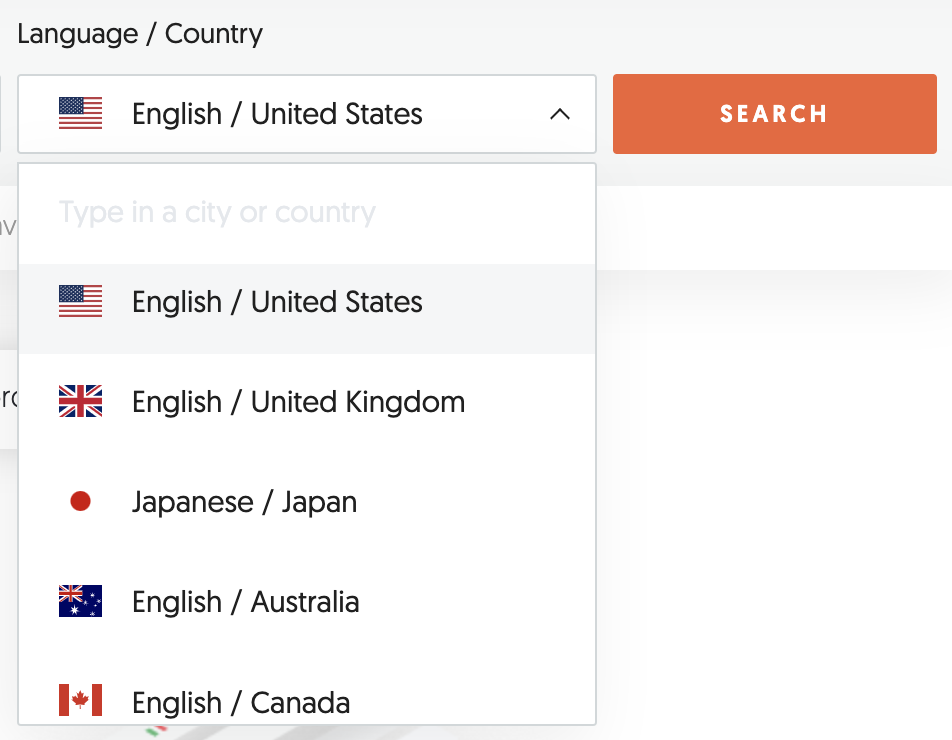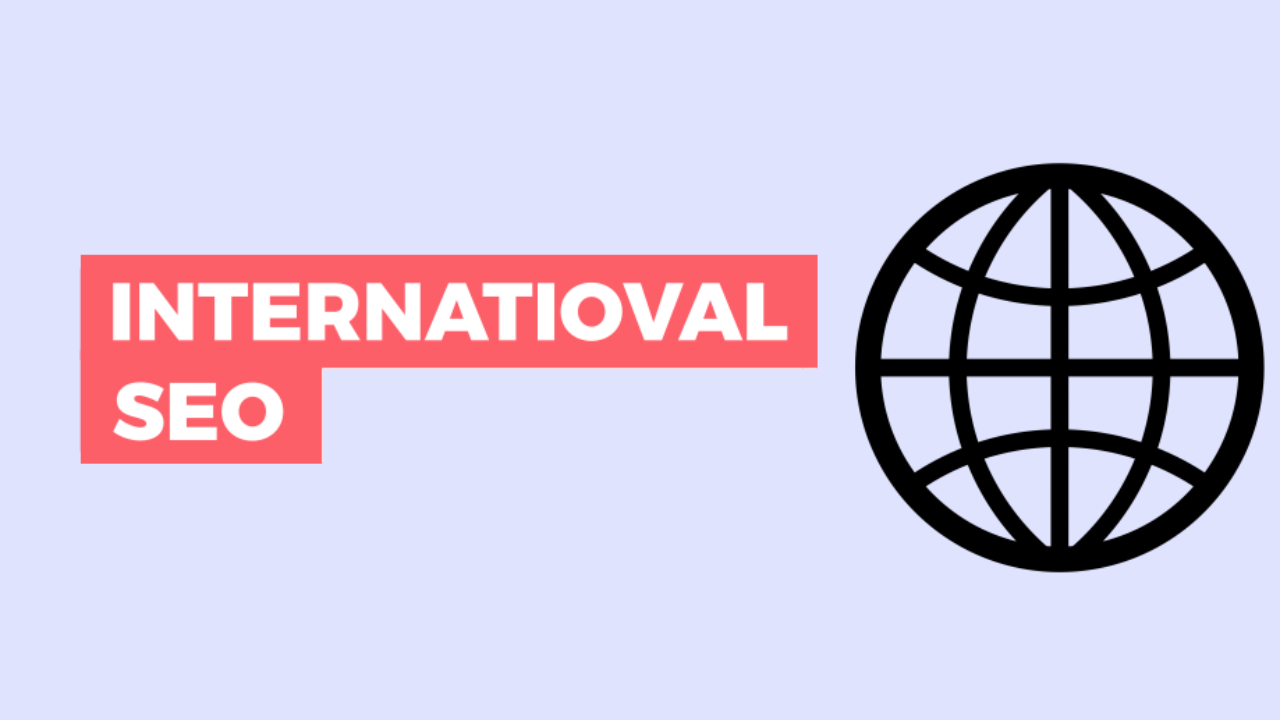From Localization to Globalization: International SEO Essentials
From Localization to Globalization: International SEO Essentials
Blog Article
Browsing the Digital Landscape: Leveraging International Search Engine Optimization for Cross-Border Success
In today's interconnected digital world, services are significantly looking beyond boundaries to use global markets. Leveraging search engine optimization (SEARCH ENGINE OPTIMIZATION) strategies tailored for worldwide audiences is critical for achieving cross-border success. The complexity of navigating the electronic landscape on an international scale demands a nuanced method, from comprehending the principles of International SEO to executing geotargeting and multilingual keyword phrase strategies. As firms strive to increase their reach and visibility throughout various territories, optimizing internet site structures and checking cross-border efficiency come to be important components of an effective worldwide search engine optimization technique.
Understanding International Search Engine Optimization Fundamentals
Browsing the details of global SEO requires a solid grasp of fundamental principles to efficiently expand on the internet exposure across borders. One important aspect of global Search engine optimization is comprehending the importance of localization.
Additionally, having a clear understanding of geo-targeting is important. This involves indicating to internet search engine the details nations or regions a website is targeting. Applying hreflang tags is one means to connect this info, ensuring that the appropriate version of a web page shows up in the search results for a customer in a particular place.
In addition, comprehending the impact of local online search engine and social media platforms is crucial for worldwide search engine optimization success. While Google is dominant in numerous regions, nations like China have their very own search engines like Baidu, requiring tailored methods for each platform to make the most of on-line presence (International SEO).

Targeting Multilingual Search Phrase Strategies
Developing multilingual key phrase strategies is necessary for properly reaching diverse global target markets and optimizing on-line exposure across different linguistic regions. When targeting multilingual key phrase strategies, it is important to perform comprehensive research study to comprehend the details search terms and expressions used by the target market in each linguistic area. This involves not only equating keyword phrases yet also taking into consideration cultural nuances, local languages, and search fads distinct per target audience.
To produce a successful multilingual key words technique, it is important to focus on significance and search intent. Search phrases must straighten with the web content on the web site and reverberate with the cultural context of the target audience. Making use of tools such as Google Keyword Organizer, SEMrush, or Ahrefs can aid recognize high-performing search phrases in different languages and assess their search quantity and competition level.
In addition, tracking and evaluating the efficiency of multilingual keywords consistently is important for enhancing and fine-tuning the technique with time. By continuously adapting to changes in search actions and trends, services can improve their on the internet exposure and draw in even more global web traffic to their web sites.
Implementing Geotargeting and Hreflang Tags
When aiming to enhance international SEO methods, including geotargeting and hreflang tags is vital for maximizing site presence throughout various areas. Geotargeting entails tailoring web content to details areas, making sure that individuals in different locations receive relevant information. By executing geotargeting, businesses can improve their regional search rankings and draw in region-specific traffic.

Optimizing Internet Site Framework for Worldwide Presence
To additionally boost international search engine optimization strategies beyond geotargeting and hreflang tags, optimizing the website structure is imperative for accomplishing global presence and maximizing reach throughout different regions. A well-structured web site not just enhances customer experience but also promotes search engine crawlers in understanding the web content and context of the site. When going for worldwide visibility, it is important to ensure that the internet site is organized in a sensible manner that satisfies users from various countries. Carrying out a clear pecking order with distinctive classifications and subcategories can assist in improving the site's navigating and user-friendliness.
In addition, creating language-specific subdirectories or subdomains can aid look engines deliver the appropriate variation of the website to individuals based on their language preferences, further enhancing the overall individual experience. Furthermore, enhancing link structures to consist of relevant key words and geotargeted terms can boost the website's presence in different areas. By structuring the website efficiently for international audiences, businesses can enhance their possibilities of attracting international traffic and broadening their reach the original source throughout borders.

Tracking and Examining Cross-Border Performance
Reliable tracking and studying of cross-border performance is important for examining the success of international search engine optimization strategies and determining chances for improvement in global reach and visibility. By very closely tracking crucial performance indicators (KPIs) across different markets, companies can obtain valuable insights into the efficiency of their cross-border SEO efforts. Monitoring metrics such as organic website traffic, keyword rankings, conversion prices, and bounce prices can offer an extensive sight of how well a web site is doing in different areas.
By contrasting efficiency across different nations, regions, or languages, companies can pinpoint effective techniques and localize web content to better cater to particular target audiences (International SEO). Normal evaluation of SEO efficiency on a global scale makes certain that firms can adjust their techniques quickly to take advantage of on arising possibilities and keep a competitive edge in international markets.
Conclusion
In conclusion, worldwide SEO website link plays an important role in achieving cross-border success by enhancing websites for international exposure, targeting multilingual check out this site key phrase strategies, implementing geotargeting and hreflang tags, and checking cross-border performance. By recognizing the fundamentals of worldwide SEO and maximizing internet site frameworks accordingly, businesses can efficiently reach and engage with their target audiences across various areas and languages. This calculated approach is vital for expanding market reach and driving on-line growth in today's digital landscape.
Report this page